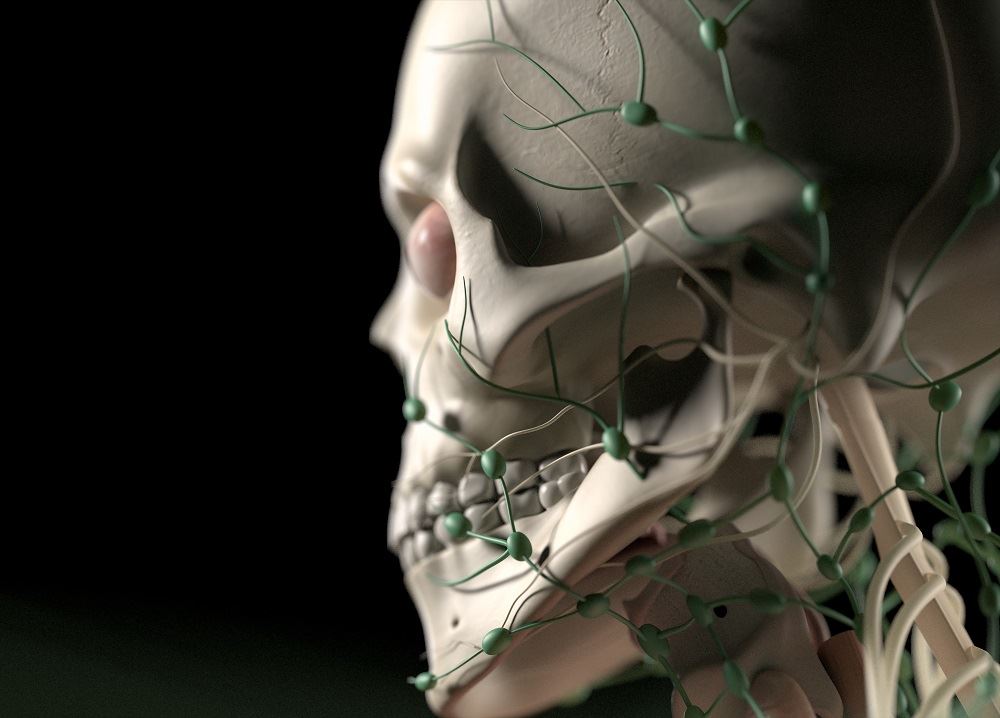The nerves inside the mouth aren’t something most people think a lot about until there is pain or numbness. Nerves provide feeling to the teeth, tongue, cheeks, jaw, and more. Two vital nerves in the mouth are the lingual nerve and inferior alveolar nerves. These nerves might be basic anatomy, but they are not common knowledge. Here are the purposes of the nerves, how they can be damaged, and what your treatment options are for each one.
The Lingual Nerve
The lingual nerve is one of the main channels in the mandibular nerve branches. It is close to the third molar socket and helps control the nerve endings for two-thirds of the tongue. This helps control the tongue for articulation in speech and play a role in the way food tastes. The mouth and face depend on this nerve for basic function.
Unfortunately, surgical procedures in the face and mouth region can damage this nerve. This can alter a person’s life. Some of the symptoms of lingual nerve damage include:
- A numb tongue, chin, or lower lip
- Impaired speech
- Altered or loss of taste
- Difficulty eating
- Tingling in the tongue
- Pain or burning in the tongue
- Drooling
The most common procedure that damages this nerve is wisdom teeth removal surgery. Many people who experience a damaged lingual nerve have temporary symptoms that can last up to 8 weeks. The nerve will often heal itself and restore normal function.
The Inferior Alveolar Nerve
The inferior alveolar nerve is responsible for sensation in the bottom row of teeth as well as the chin, lips, and gums. It is important to speech because the lips help form many sounds. It is in the mandibular canal and is in the opening of the lower jaw.
Damage to the inferior alveolar nerve is also possible, causing some of the following symptoms:
- Tingling, burning, numbness, or shocking sensation in the chin, lips, and gums
- Drooling
- Impaired speech
- Limit the ability to smile
The most common causes of inferior alveolar nerve damage are wisdom teeth removal procedures, dental implant placement, and overfilling during a root canal. The reason these procedures damage the nerve are from too much drilling, drilling too deeply, or over-packing in a tooth with filling materials. Watching for the pain and discomfort of the listed symptoms is very important after having major dental work done.
Treatment Options for Nerve Damage
If you are experiencing any signs of nerve damage from a dental procedure, it is important that you first go in and visit your dentist. Many times, the damage can be treated with time, prescription drugs, laser treatments, and/or corrective surgical procedures. Most dentists and physicians are willing to help correct the damage they caused to the nerves, even though it was likely unintentional.
If you have suffered nerve damage and tried to resolve it unsuccessfully, it may be appropriate to talk to a dental malpractice lawyer. Occasionally, dentists are unwilling to help fix the problem, but the biggest issue is if the damage is permanent. Nerve damage symptoms can be life altering. Don’t wait too long to talk to a lawyer since there is usually a certain amount of time to file a malpractice claim. If you aren’t sure if you have a case, contact us today for a free consultation.





